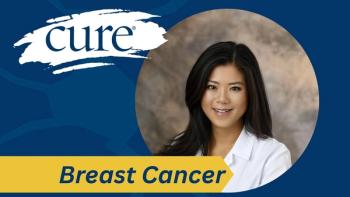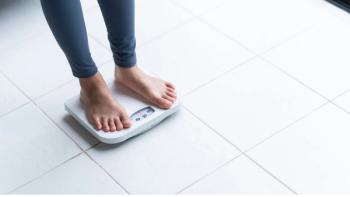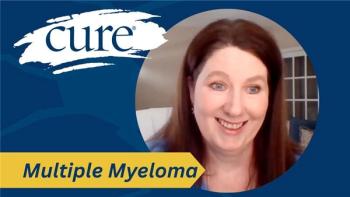
I'm Addicted to Anxiety: Facing Cancer Fears Head-on
Is it possible to be addicted to the anxiety cancer brings? I have been living with that addiction for years but have three ways to combat an anxiety addiction.
I've thought about it and I think I am addicted to anxiety. I hate it, yet I crave it. I can't think straight unless I am worried about something. When I am not worried, I worry about that. It's not a great way to live, but it's the way my mind seems to work. I've always been a worrier but until I had cancer, I didn't realize how bad it was. The odd thing was I never truly worried about cancer until I actually received the diagnosis; then that became all I thought about.
If you are a survivor or know someone who is going through or has gone through cancer, you get the worry, the fears and the anxiety that a cancer diagnosis can bring. People say the worries are normal and they subside as the cancer diagnosis moves further into your past.
Not me. I tend to make it worse in my head. I am nine years out from my cancer diagnosis and the anxiety still lingers as if the doctor has just called me to tell me I have breast cancer. Why is that feeling so right at the edge of my mind all the time? My thought is I am addicted to that anxiety and it's what keeps me vigilant. I know that is far-fetched and quite fairly, not healthy. Being vigilant with our health is one thing. I take it to a whole other level. Any ache, pain, thought or fear of cancer and I am checking my body for lumps to the extreme.
So how does one combat this addiction to fear? Great question. I am still working on building that fear-busting playbook, but in the meantime, I've come up with a few ideas I've put to the test that seem to help combat the anxiety addiction.
- Face the fear head-on. I have spent years running from my cancer fears. I would bow down to them whenever they came calling — which was all the time. It has been an exhausting ride and one I can't wait to get off of. I still run from my fears at times, but not as often. I have found that if you stand nose-to-nose with whatever is causing you anxiety or fear and you don't run, the fear starts to shake in its boots a bit. I tell myself to stand firm and not let it get in my way for just today. And I move on with whatever I have to do within the day. I don't look further than that or it gets overwhelming. However, telling myself today I will not fear cancer – just for the one day – makes it seem less overwhelming.
- Invite the anxiety/fear to tag along. When you acknowledge a fear, even make friends with it, it tends to seem less terrifying. It seems so silly but sometimes I literally am like "Well hello, I see you are back. Welcome." It's then as if the fear or anxiety gets bored with your reaction and goes and finds someone else to taunt. It's amazing how well this works.
- Talk to a medical professional/therapist. I treat my addiction to anxiety like I'd treat any addiction. I acknowledged, after a lot of denial, that I had a problem and found some help. This did not happen overnight and took years of working through denial to realize. So, it's not easy to realize this step. Trust me, I get it. However, the best move I made in my cancer recovery was talking to a professional to help me through. It's a game changer, no doubt.
Cancer brings with it so many different things you would never expect. Pain, sadness, fear, anxiety and so much more. There is no book or manual that tells you how to get through it. A lot of it we just learn as we go.
I never knew there was such a thing as anxiety addiction and maybe in the official sense there is not. However, that's how I describe what is happening with me and that's how I combat it. It's been working and I am fine with loosening my hold on fears and anxiety. My life tends to be a lot happier as I acknowledge I have the problem and work every day at combatting that pesky anxiety that loves to try and tag along with my life as a cancer survivor.




